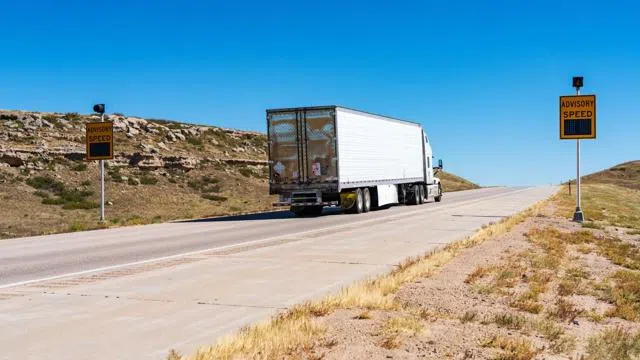Nebraska lawmakers have advanced a sweeping public safety bill that would overhaul traffic laws and increase penalties for dangerous driving behavior. Legislative Bill 530, which received first-round approval last week, includes a host of updates to Nebraska’s criminal justice and roadway safety rules. Among the most widely supported measures is the creation of a new “vulnerable road users” category, which would provide additional legal protections for pedestrians, cyclists, first responders, and road construction workers. Drivers would be required to either change lanes or slow down when approaching these individuals, or face escalating penalties, including jail time for repeat offenses.
The bill, introduced in part by Sen. Kathleen Kauth of Omaha, also seeks tougher punishments for motor vehicle homicide. In cases involving reckless driving, judges would be allowed to revoke the offender’s license for up to two years. If drugs or alcohol were involved, that ban could extend to 15 years. Kauth cited a 2023 case where a Nebraska cardiologist was killed while biking, and the driver received only 60 days in jail—a sentence she and others believe was too lenient.
The legislation would also raise speeding fines across the board, with penalties for even minor infractions increasing sharply. Those caught driving more than double the speed limit could face reckless driving charges. These changes come amid a reported surge in extreme speeding across the state, with more than 300 drivers clocked at over 100 miles per hour during the first three months of the year.
In western Nebraska, LB530 would also formalize new variable speed limits on Interstate 80, where electronic signs are already being used to lower speeds during poor weather or emergency conditions. Sen. Wendy DeBoer of Bennington, who championed that provision, says the change will align Nebraska with neighboring states like Wyoming and Colorado, where similar systems are already in place.
The bill now moves forward for further debate and potential amendments before final passage.


















Comments